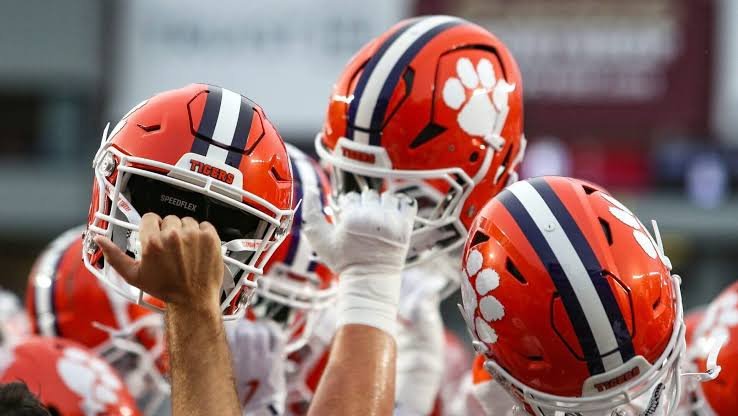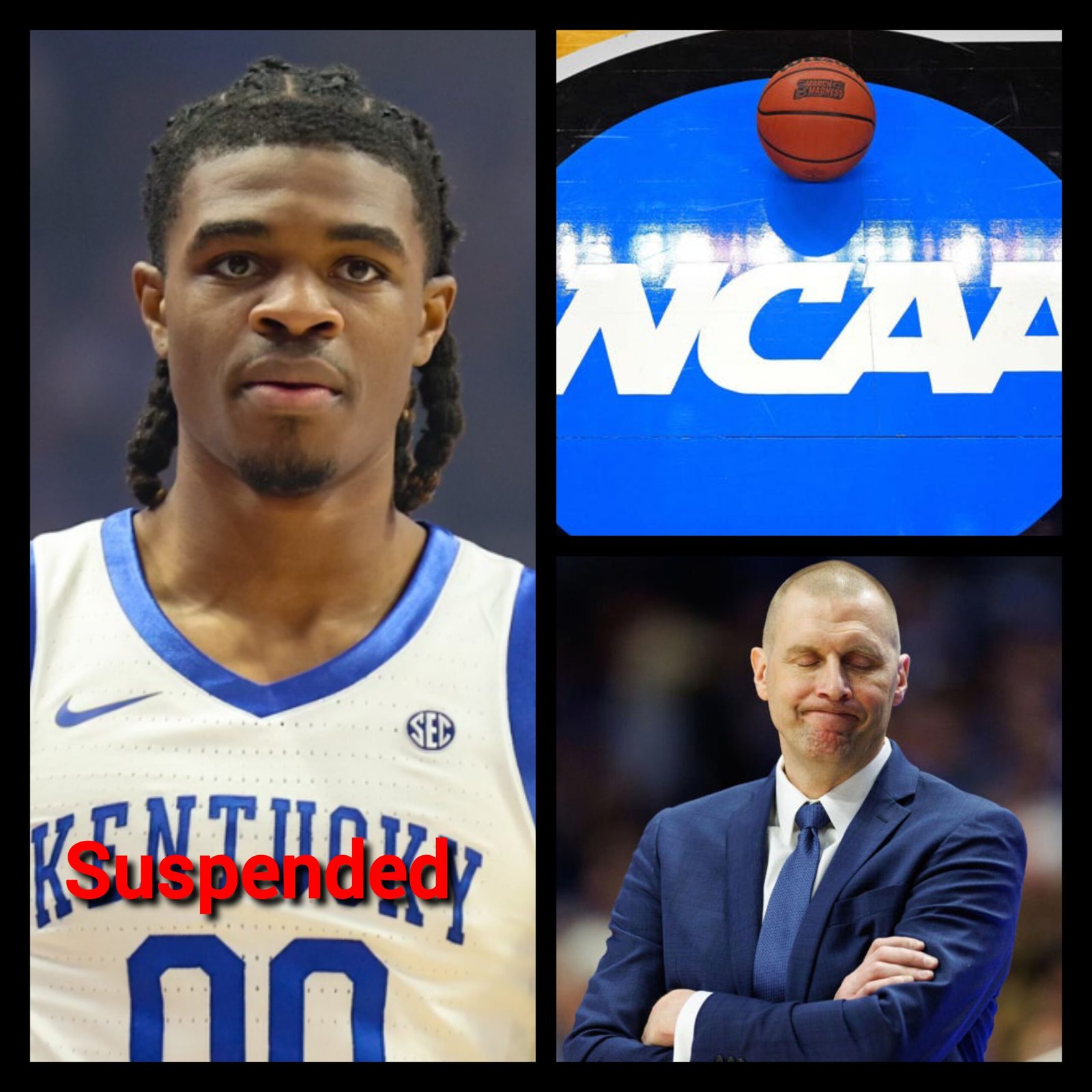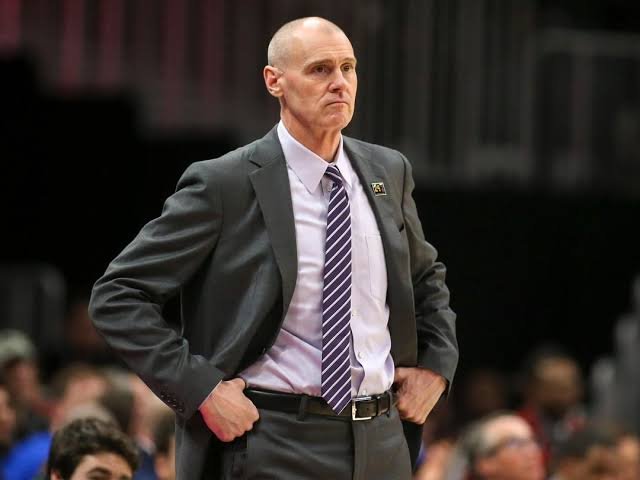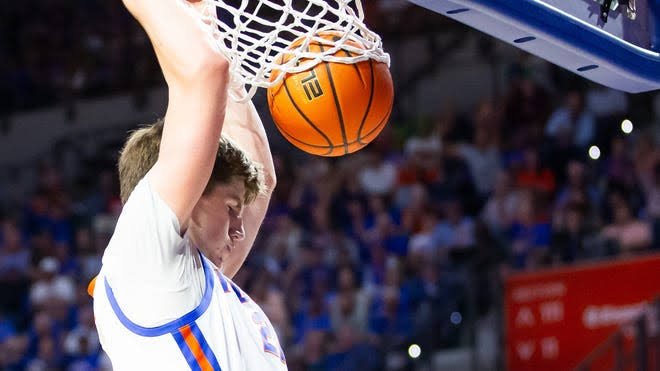In a bold and unprecedented move, the Clemson Tigers have reportedly established a private healthcare fund for their football players, raising questions about the future of athlete medical care within the NCAA. As discussions on student-athlete welfare intensify nationwide, Clemson’s initiative—if confirmed—could set a precedent for other programs looking to enhance player benefits beyond traditional insurance policies.
A New Era in College Athlete Healthcare?
According to inside sources, Clemson University quietly launched the fund at the start of the 2024 season to provide expanded medical support to current and former players. Unlike standard NCAA injury coverage, which typically covers treatment costs only during a player’s active years, this fund is rumored to offer long-term support for injuries sustained while playing for the Tigers.
“This is about doing right by the athletes,” said an anonymous Clemson staff member familiar with the initiative. “These players give everything to the program, and we believe their healthcare should be taken care of even after they leave.”
The fund is reportedly financed through a mix of private donors, alumni contributions, and a discretionary portion of the football program’s revenue. While exact figures remain undisclosed, speculation suggests that millions of dollars have already been allocated to ensure long-term medical coverage.
Why the Secrecy?
Despite the potential positive impact, Clemson has yet to officially confirm the existence of the fund. Some believe this secrecy stems from concerns about violating NCAA regulations, which currently do not mandate schools to provide healthcare benefits beyond a player’s eligibility period. The NCAA has long maintained strict policies on student-athlete compensation and benefits, and a private healthcare fund could be seen as an overreach that challenges the current system.
“The NCAA is in a transitional phase with NIL (Name, Image, and Likeness) deals and potential revenue-sharing models. If Clemson is stepping outside the traditional healthcare structure, it could force the NCAA to take a stance on medical benefits for athletes,” said sports law analyst Dr. Karen Mitchell.
Player Reactions and Potential Impact
Although Clemson players have not directly addressed the fund, some recent comments suggest a shift in how the team views medical care and post-career support.
Senior linebacker Jordan McFadden recently stated, “Clemson has always prioritized our well-being. It’s good to know that this program looks out for us beyond just the time we wear the jersey.” While not a direct confirmation, statements like this fuel speculation that something innovative is happening behind the scenes.
If Clemson’s model proves successful, it could pressure other powerhouse programs to adopt similar approaches, further blurring the lines between student-athletes and professional athletes in terms of benefits and protections.
NCAA’s Potential Response and Future Implications
If word of the fund continues to spread, the NCAA may be forced to address it. Critics argue that if one school can afford extended healthcare for its players, wealthier programs could create similar systems, potentially leading to an uneven playing field. On the other hand, proponents believe this move could be the catalyst for nationwide reform in athlete healthcare, potentially leading to standardized post-career medical coverage across all NCAA divisions.
“This could be a watershed moment for college athletics,” said former NCAA compliance officer Brian Ellis. “If Clemson is indeed doing this, they may be laying the groundwork for a future where all student-athletes have guaranteed medical protection beyond their playing days.”
What’s Next?
Whether Clemson formally acknowledges the fund or not, its rumored existence has already sparked national discussion on athlete welfare. As NCAA reform talks continue, this initiative could serve as a template—or a point of contention—in shaping future policies.
For now, Clemson remains silent on the matter, but if these reports hold true, the Tigers may have just redefined what it means to support student-athletes, both on and off the field.



